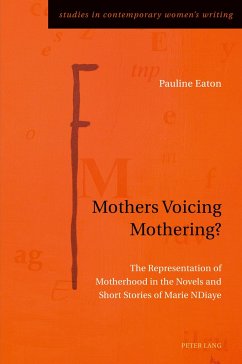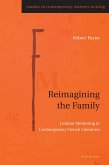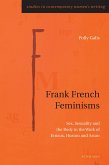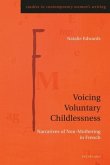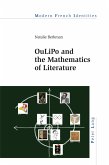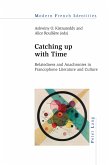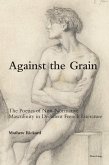Mothers and mothering are significant features of contemporary women's writing in France and mothers are narrators and key protagonists in nearly all Marie NDiaye's novels and short stories. These mothers rarely strike the reader as attractive personalities and, in their mothering role, are portrayed as inadequate, abusive or even murderous. A pattern of maternal failure is passed on from mother to daughter and the relationship between mothers and daughters is one of rejection and suppression.
This book explores what this negative representation tells us about mothers and about how mothers represent their own mothering to themselves. Close readings of text and intertext are at the centre of the analytic approach, embracing references to existing commentaries on the author and to the psychoanalytic, mythological, religious and literary background against which NDiaye's mothers demand to be read.
This book explores what this negative representation tells us about mothers and about how mothers represent their own mothering to themselves. Close readings of text and intertext are at the centre of the analytic approach, embracing references to existing commentaries on the author and to the psychoanalytic, mythological, religious and literary background against which NDiaye's mothers demand to be read.
«This subtle study of Marie NDiaye's often disquieting depictions of mothers and mother-child relationships provides original readings of the author's engagement with the archetypes, myths and stereotypes through which mothers are frequently understood. Persuasive and lucidly argued, Mothers Voicing Mothering? focuses on the complexity of mothers' own articulation of their experience and constitutes an important contribution to scholarship on one of France's foremost contemporary writers.» (Professor Shirley Jordan, Newcastle University)

